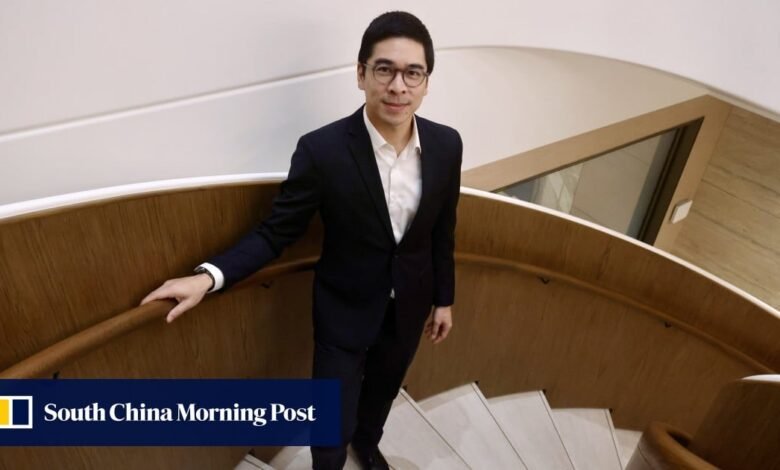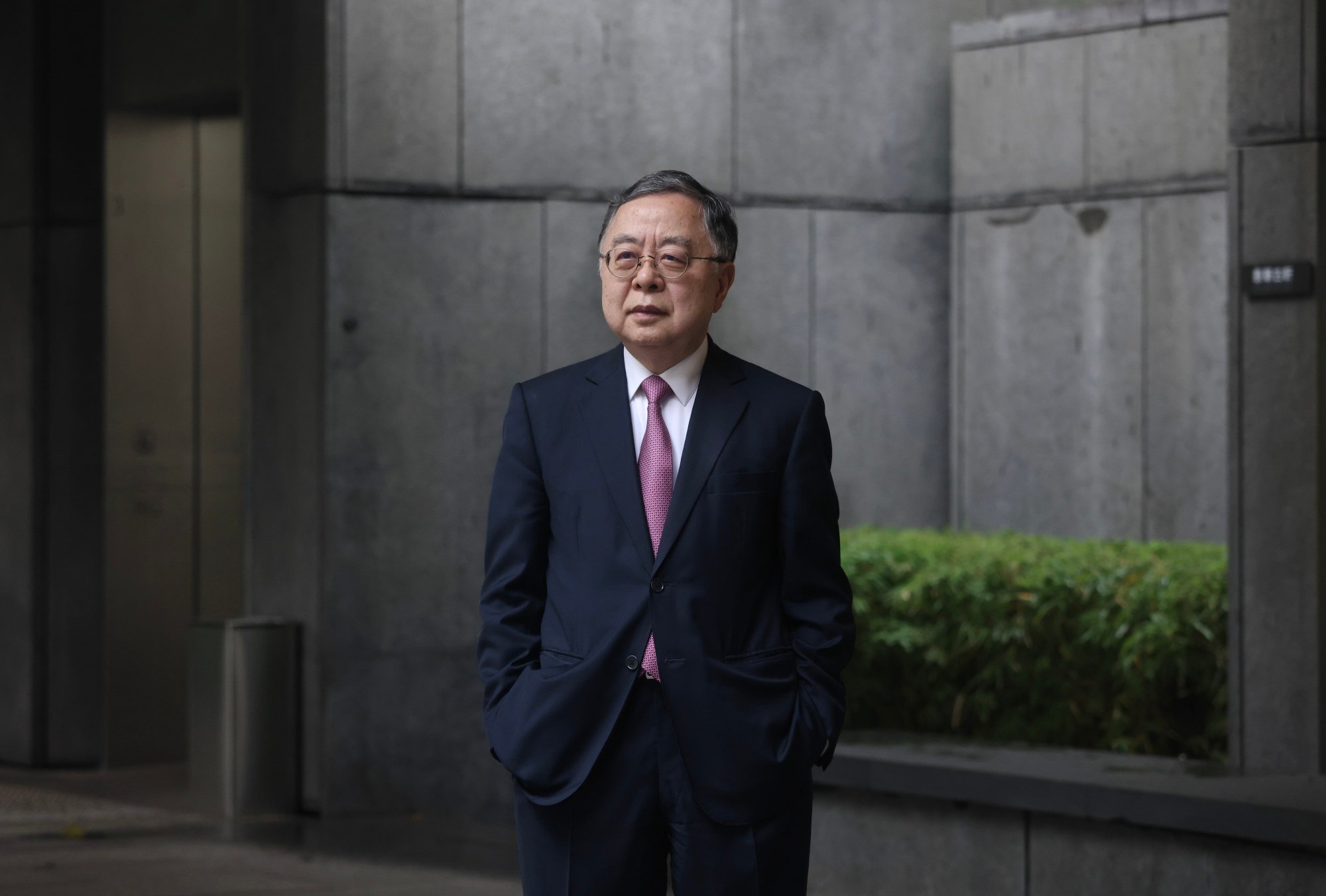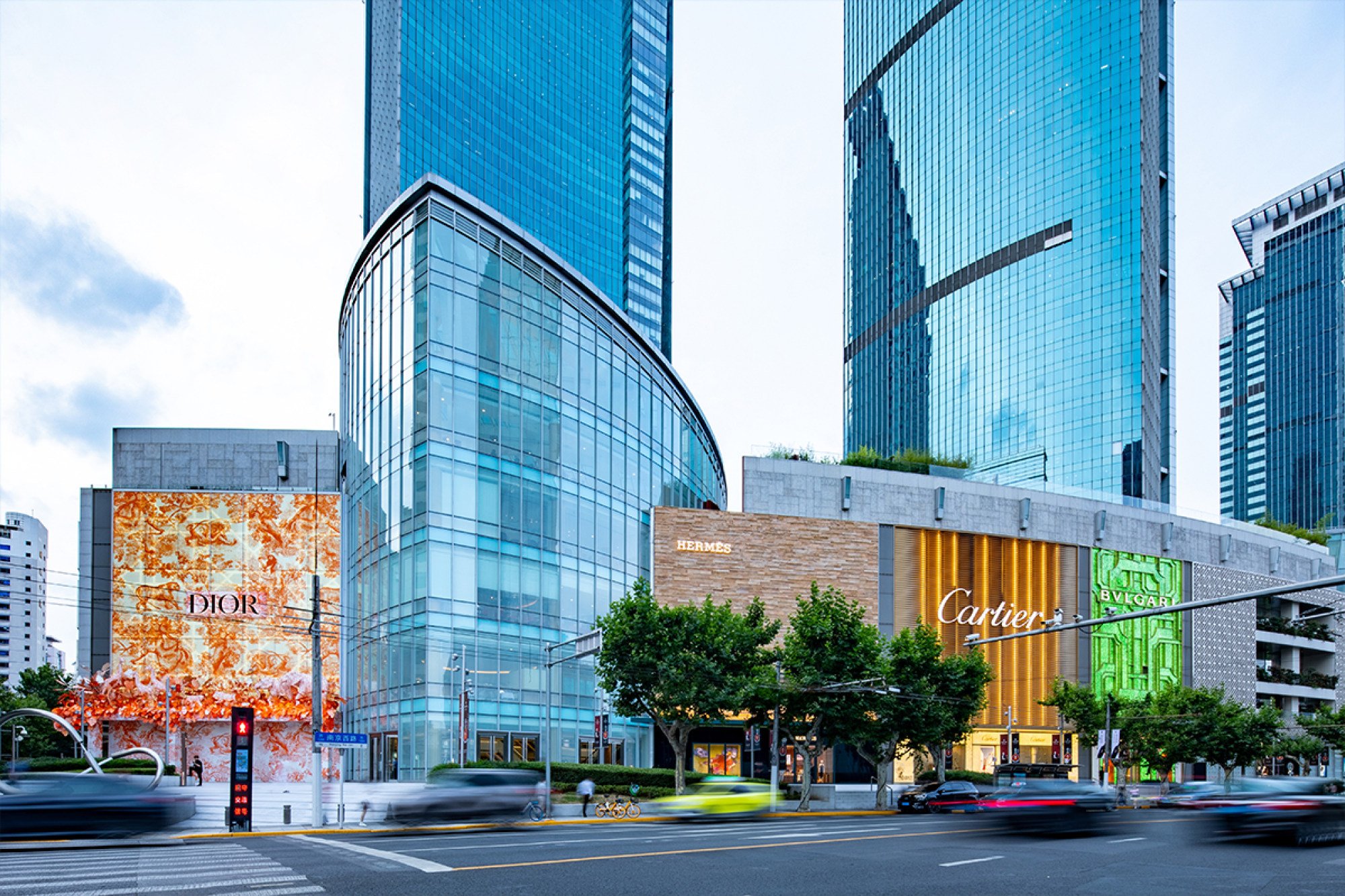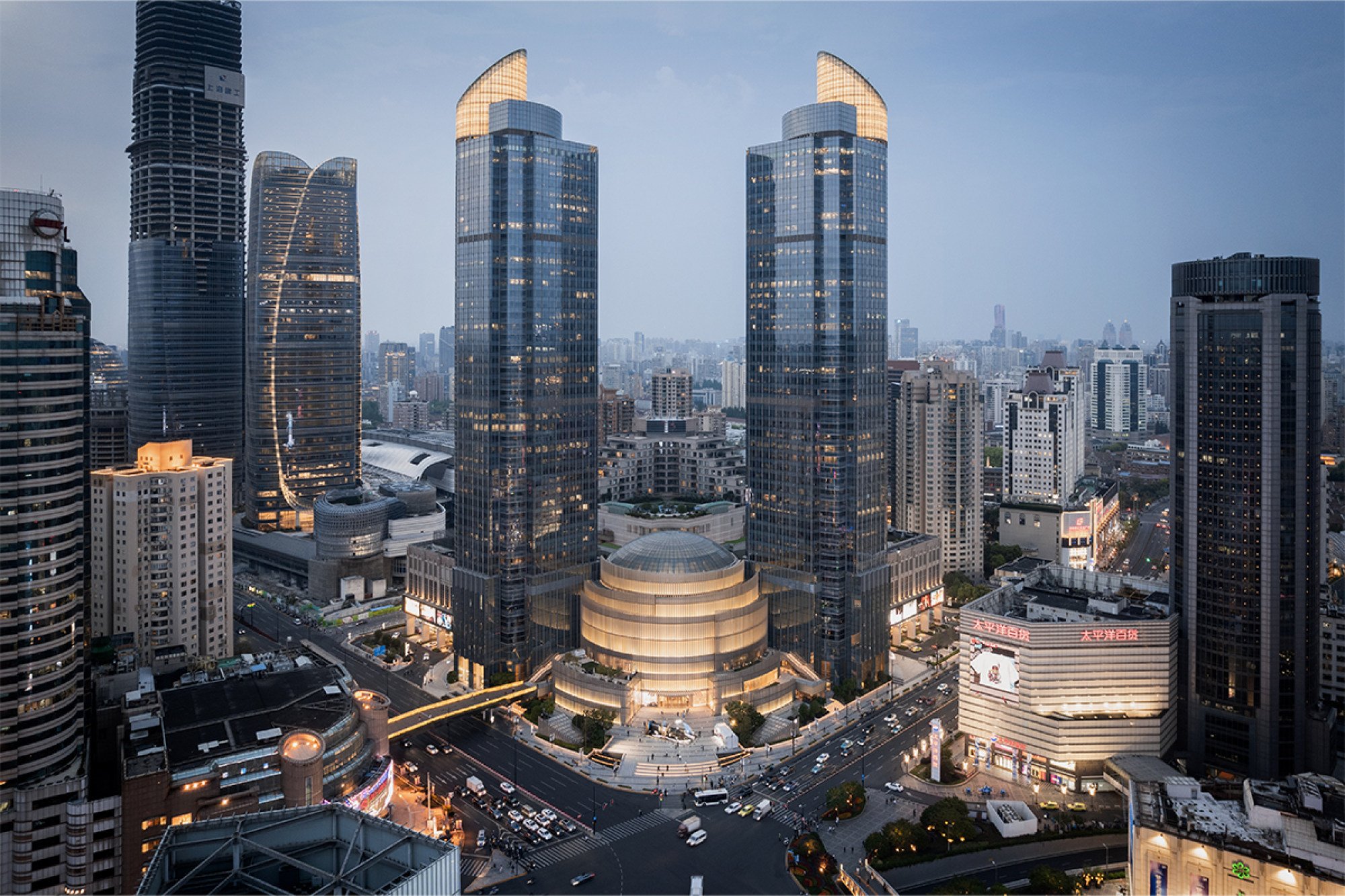Hang Lung’s new chairman sees turbulent property market as an opportunity to ‘learn and grow’

“In the long term, I have complete confidence in the Chinese economy, otherwise, I wouldn’t be investing [in it] myself. My investments are big and they’re continuing, [they] haven’t slowed down and it’s still full speed ahead,” Chan said.

The company plans to continue investing HK$5 billion every year in the market. Asset prices in China have come down, which is an investment opportunity, he added.
“At least in my malls, [compared with] today and pre Covid-19, brands are still doing more than double the retail sales than they did before,” Chan said.
“If you look at the numbers on a week-by-week basis, you may see some losses that are concerning. But I think if you take a slightly longer window, those concerns are unfounded. So we’re still investing.”
The global geopolitical situation has changed, he added, and interest rates have gone up significantly, which has an impact on real estate companies. “Making the same large scale investments today has changed from pre Covid, so you have a higher hurdle,” he said.
Chan believes the current situation is a chance to navigate the complexities of the market and demonstrate the company’s commitment to the region.
The company is targeting Chinese consumers’ penchant for luxury goods as it prepares for the expansion of its flagship mall, Plaza 66 in Shanghai.
Hang Lung has obtained approval from the local government to expand the 55,000 square metre (592,000 sq ft) mall in West Nanjing Road, in the city’s Jingan district.

The expansion, which is expected to be completed in 2026, will provide an additional gross floor area of about 3,000 sq m that will be able to accommodate 20 stores. Hang Lung also owns and operates Grand Gateway 66 in China’s financial megapolis.
“Because the economy has changed, we have to be a little bit conservative, to reduce our risk exposure by reinvesting in markets that we were familiar with,” the chairman said.
Hang Lung has been actively investing in China’s commercial and residential real estate market since 1992. The mainland China business currently accounts for 68 per cent of the company’s rental income, according to its latest annual report.
It has seven office projects in six cities across China, and five residential projects in Shanghai, Wuxi, Kunming, Wuhan and Shenyang.
“Our core competency is China. We know China better probably than most developers, at least when it comes to our specific niche, which is high-end retail. I still think there’s more room in the high- end luxury, commercial, retail real estate,” Chan said.
For Hong Kong, Chan said he was disappointed in the pace of economic recovery but said retail rents in the city have come down significantly, which can be seen as an opportunity over the long term.
“I think (the city’s) rentals were probably a little bit too high. And so to bring them back down to a more manageable level will improve the quality of offerings [and] hopefully stimulate more creative and interesting retail and food and beverages trade,” he said, adding that lower rental costs would encourage Hong Kong people to take more risks in business.
Chan said the high-end property market will continue to perform well due to the government’s talent import scheme, and more interest from mainland China’s high-net-worth individuals. However, the mass, mid-range market will not perform as well.
Hang Lung currently has one residential project in Hong Kong, The Aperture, in Kowloon Bay.

“Prices have come down since we started selling about a year ago.” Chan said. “For mid-market product, I just don’t see the catalyst for prices to go up substantially.”
While Hang Lung would be “happy to invest in Hong Kong, in the right products”, Chan said he was not particularly interested in the mass, mid-range housing market in the city.
Regarding the Greater Bay Area, Chan sees Shenzhen and Guangzhou taking up an increasingly important role in high-end luxury retail, attracting consumers from other cities in the region.
“That made these two cities more important for us to focus on and target. Although we haven’t found the right projects for us in recent years, we will continue to look for opportunities in the region,” Chan said.
Source link





